Member Profiles

Member Profiles
Phil Becker, Optometrist Krall Eye Clinic, Mitchell
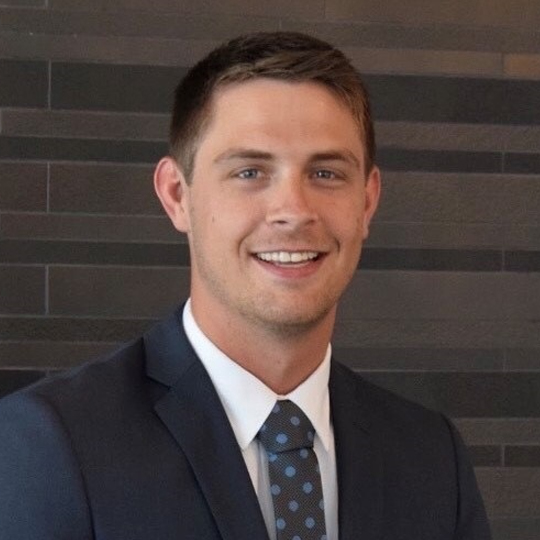 Most important thing people can do for their eye health and vision?
Most important thing people can do for their eye health and vision?The most important thing people can do to protect their vision is to schedule yearly eye examinations. The earlier that conditions are diagnosed the better the chances are to avoid permanent vision loss. Whether it is detecting early diabetes, discovering that the floater in your vision is actually a retinal hole, or detecting an undiagnosed brain tumor, the earlier you are diagnosed the more treatment options are available.
Why did you become an optometrist?
From a young age, I was drawn to a career in healthcare thanks, in part, to two people, my anesthesiologist father and my optometrist neighbor Dr. Joe Krall (who I now work with!) Optometry also provides a great opportunity to connect with patients on a personal level allowing us to help bridge the gap between doctor and patient.
What don‘t people know about optometry?
Most people don‘t realize that the most important part of their eye exam is not the glasses/contacts (refraction). Although the refraction lets you see your best today, the ocular health portion of the exam is what keeps you seeing your best for many years to come. The eye is also one of the only places in the body that you can observe the health of blood vessels without cutting open. The diabetic and hypertensive vessel changes that we detect in the eye are likely occurring in the small vessels throughout your entire body!
Proudest practice moment?
There are two moments when I was most proud of being an optometrist. The first was finding a brain tumor in a 13 year old patient who came in for a routine eye exam with no complaints. She was able to get surgery and radiation and is now doing great! The second was treating a woman who had daily migraine headaches for twenty years. With the help of Neurolens, her daily headaches are now nonexistent. Her story was very memorable because when she returned the following year she was very emotional and expressed how grateful she was to get her life back.
Jarrell Freitag, OptometristVision Care Associates, Sioux Falls
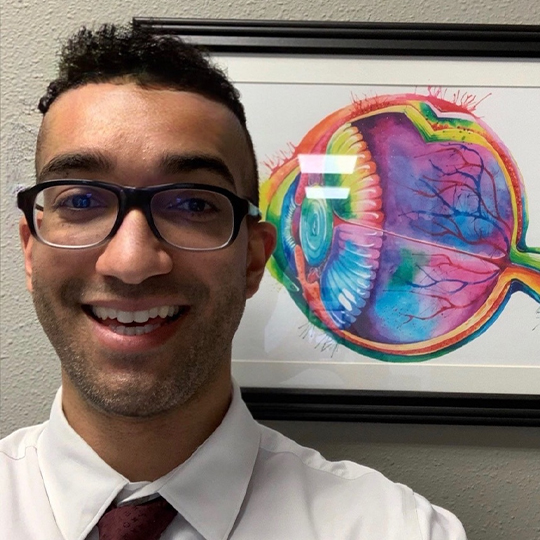
Why did you become an optometrist?
Once I realized that my chance of having a career being Batman or Superman wasn‘t going to happen I decided to look elsewhere for career inspiration. My Grandfather, Phillip Freitag, was an eye doctor in our community. He led a great life providing vision care and was able to give many underserved people access to proper healthcare. Thanks to him, I enjoy what I do for a living and can't stress enough how lucky I feel some days!
What don‘t people know about optometry?
Optometry is more than glasses and contacts. Modern day optometry deals with various medical conditions like glaucoma, macular degeneration, diabetic retinopathy, and dry eye. We also provide emergent eye care for red painful eyes along with removing metal and other debris that may find their way into your eyes.
Proudest practice moment?
A few potential life saving events along with those special moments where patients are able to see clearly for the first time really make my profession worthwhile.
Most important thing people can do for their eye health and vision?
Getting your eyes checked yearly or at the interval your eye care practitioner recommends. Additionally, give your eyes a break every so often. We live in an age of technology and it's good to give our visual system a rest.
Keri Nebelsick, OptometristAvera, Mitchell
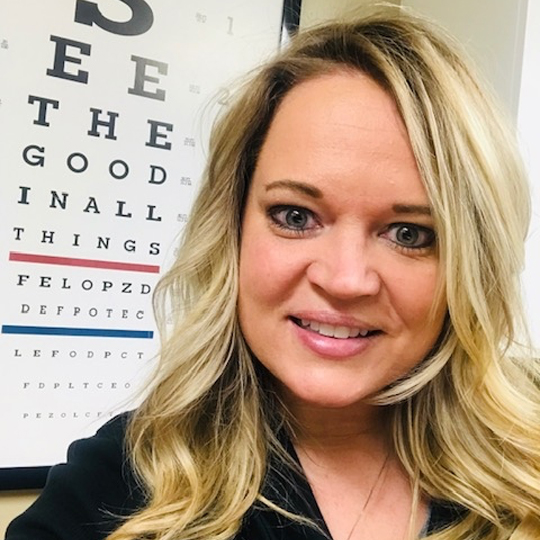
Why did you become an optometrist?
I was in the first grade when I had my trees have leaves moment and the difference a pair of glasses can make has amazed me ever since. Our family optometrist growing up cared not only for our vision but our lives as well. The realization of the impact I could have on others inspired me to make optometry my career.
What don‘t people know about optometry?
People are surprised that my typical day involves more than glasses and contacts. We see eye emergencies, manage ocular health conditions, and can assess a little one‘s vision without them knowing a single letter or even be able to speak yet.
Proudest practice moment?
Even in the midst of a flooded office and setting up a temporary clinic, we were acknowledged as a top 5 clinic in our health system for patient experience. I have a wonderful staff to thank for that and I truly am proud of how they help me take care of each patient.
Most important thing people can do for their eye health and vision?
Wear sunglasses and see your optometrist yearly! Most people understand the affect the sun‘s UV radiation has on the skin, but it also harms the eyes. Sunglasses with UV protection can help reduce the risk of developing some eye conditions including macular degeneration. Nothing can replace a yearly eye exam with your optometrist. It is the best way to monitor your eye health and maintain good vision!
Ryan Haiar, OptometristEye Site by Howlin Vision, Sioux Falls
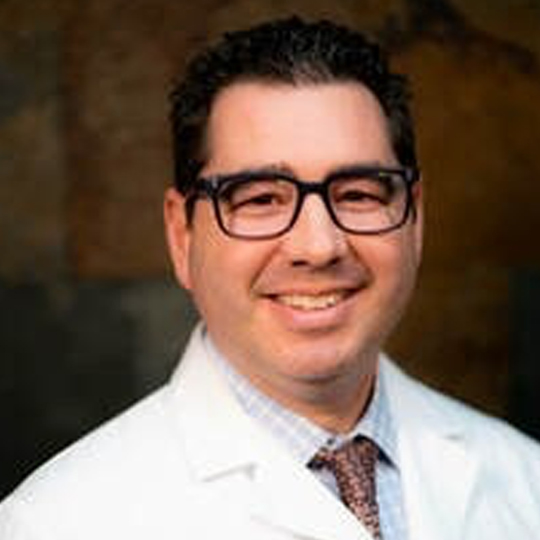
Why did you become an optometrist?
I had eye surgery as a kid and always wanted to do something in the medical field. I also liked the idea of owning my own business.
What don‘t people know about optometry?
Optometry is so much more than glasses and contact lenses. We evaluate the whole eye and can show many systemic issues that affect the whole body. We are an integral part of medicine and work closely with primary care providers and specialists. Optometrists can prescribe any topical or oral medication to treat disease.
Proudest practice moment?
One of my proudest moments career wise would be ownership in my practice. I have had a few cases that saved lives and you always remember those patients!
Most important thing people can do for their eye health and vision?
Don't smoke. Wear high quality sunglasses with UV protection. Be sure to get green leafy vegetable in your diet. Get annual eye exams for any early detection of disease.
Jerika Kirwan, OptometristVision Care Associates, Wagner
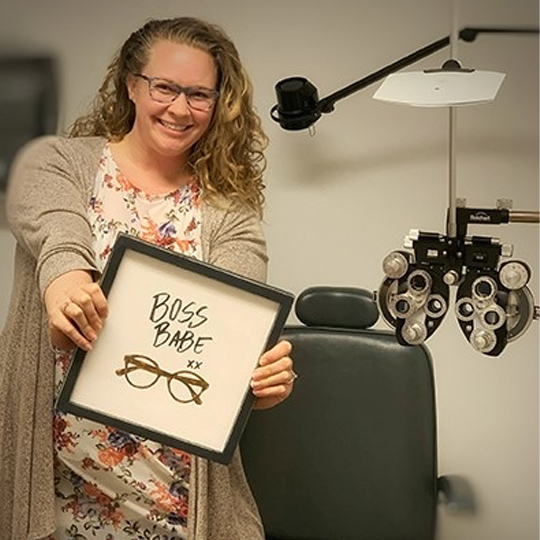
Most important thing people can do for their eye health and vision?
Annual comprehensive eye exams are the most important thing you can do for your eye health and vision. Your optometrist can detect vision problems, eye disease and general health problems even before you are aware a problem exists.
They say your eyes are the window to your soul, but they can also be a window to your systemic health. Looking into the back of your eye can help diagnose and manage diabetes, high blood pressure, and other general health issues.
Why did you become an optometrist?
In 3rd grade I failed my school vision screening and needed to go to the eye doctor - and I was NOT HAPPY about it...I DID NOT want glasses and my brother was already teasing me and calling me four-eyes. But, when I saw my eye doctor he truly made me feel comfortable and gave me the gift of sight. I could see the leaves on the trees! No more squinting at the board! I could even see more stars at night! I‘d been missing out on half of the world! Since that day my interest in giving the gift of sight and protecting people‘s vision has only grown and has led me to my career as an optometrist.
What don‘t people know about optometry?
Most people believe we only prescribe glasses and contact lenses, but that‘s only part of what we do. Optometrists manage ocular diseases such as #maculardegeneration, #glaucoma, and #diabeticretinopathy. Red eye specialists: whether it is allergies, bacterial or viral #conjunctivitis, or dry eye disease— optometrists can diagnose and treat it. We work closely with ophthalmologists to co-manage ocular surgeries such as cataract, LASIK, and corneal procedures. We perform foreign body removals, treat corneal abrasions, and chemical burns.
Proudest practice moment?
During a routine exam a patient described some new visual symptoms that made me concerned for the state of her carotid arteries. We referred her for a Carotid Doppler - on her next visit the first thing she did was hug me and say Thank you so much for making me get my arteries checked- my doctor said it was 99% occluded and I might not be standing here today if we hadn‘t caught it when we did!
Bill Holec, OptometristTucker, Kuderna, Holec and Young, Rapid City
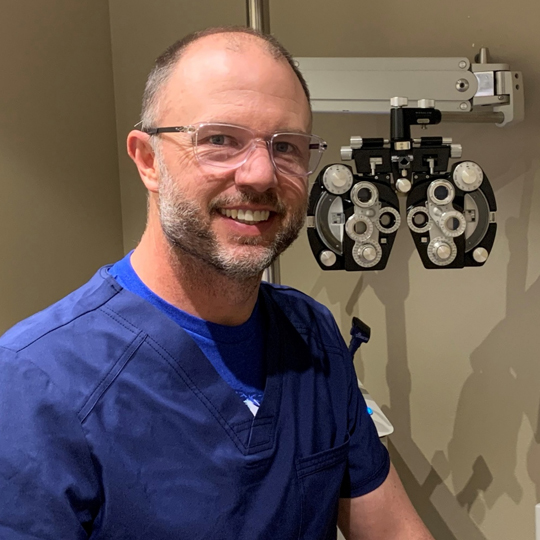
Why did you become an optometrist?
Like many optometrists, I became an optometrist to help people with their visual needs. I enjoyed the idea of seeing relatively healthy people year after year to build a relationship.
What don‘t people know about optometry?
Optometry is much more than glasses and contacts. We evaluate the general health status of our patients and often find underlying problems such as hypertension or diabetes. We also treat infections, eye injuries, and chronic eye diseases.
Proudest practice moment?
I have 2 proud moments. The first involved saving a patient‘s life. I had a patient that I had seen for many years who always had low blood pressure. In 2015, she had very high blood pressure, so high I sent her to the ER where they found she had an aneurysm in her kidneys causing renal failure. She had surgery that day and has recovered nicely.
The second one involved a patient who was told vision in one eye was lost due to traumatic eye injury. Upon examination I could find nothing wrong with her retina, only a torn iris and dislocated lens capsule. I referred her to Vance Thompson Vision where she underwent iris reconstruction and a lens implant. She regained 20/25 vision in that eye.
Most important thing people can do for their eye health and vision?
Schedule an annual routine eye examination. We are far better at fixing problems in the eye if we catch them sooner.
Nick Marso, OptometristCentral Dakota Eye Care, Pierre
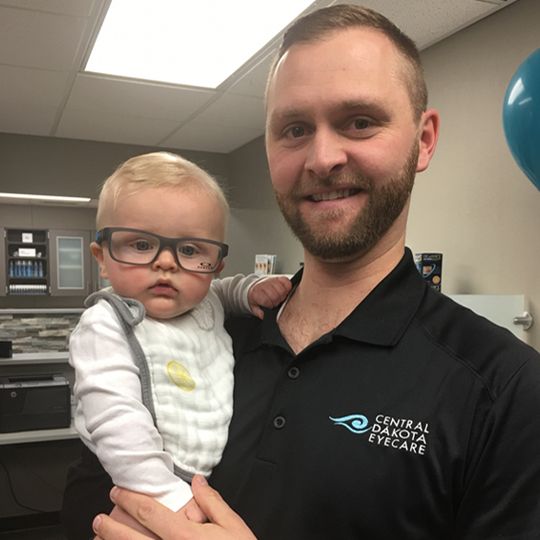
Why did you become an optometrist?
In 6th grade I was kicked in the eye and diagnosed with a hyphema by Dr Jeff Rausch. After this incident I would see Dr Rausch yearly and he educated me on what a great career optometry can be and how we can impact so many lives.
What don‘t people know about optometry?
Not only are optometrists the primary eyecare providers, we also have a large role in understanding the rest of the body to rule out systemic conditions manifesting in the eye.
Proudest practice moment?
A close friend was struggling with back pain that eventually progressed to the point where it was difficult for him to walk. He later developed ocular symptoms of blurry vision, anisocoria, and an imbalance of ocular muscles. After discussion and examining him, I suggested an MRI of his brain and back. MRI results indicated multiple tumors in the brain and back, leading to the diagnosis of Medulloblastoma. Treatment has shrunk the tumors and resolved most of his symptoms.
Most important thing people can do for their eye health and vision?
In-person annual exams by your optometrist to rule out ocular disease is the most important thing people can do for their eyes, vision, and overall health.
What's a Doctor of Optometry?
Doctors of optometry are primary eye health care providers who examine, diagnose, treat and manage diseases and disorders of the eye, and also play a major role in maintaining the overall health and well-being of their patients. Make your health a priority by scheduling an appointment with a local AOA doctor today!
Find a Doctor